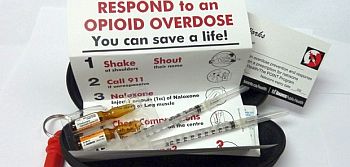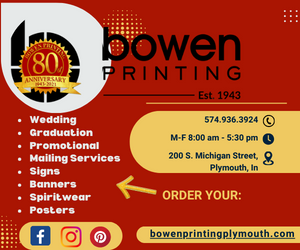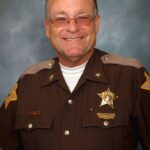 The Indiana State Department of Health (ISDH) has awarded $127,000 in naloxone kits to 95 first responder agencies serving 34 rural counties to help prevent fatal overdoses.
The Indiana State Department of Health (ISDH) has awarded $127,000 in naloxone kits to 95 first responder agencies serving 34 rural counties to help prevent fatal overdoses.
The funding will be used to:
- Provide 3,388 naloxone kits to first responders for emergency treatment of known or suspected opioid overdoses in rural communities;
- Train first responders on carrying and administering naloxone; and
- Expand referrals to appropriate treatment and recovery communities.
“This rural grant funding is putting naloxone into the hands of first responders who are working on the front lines of the opioid epidemic,” said Katie Hokanson, director of the ISDH Division of Trauma and Injury Prevention, which awarded the grants. “Some rural residents may be several miles from a healthcare provider, so supplying those first responders with naloxone can save lives during those time-sensitive situations when seconds count.”
The grants, made possible through a four-year, $3.2 million Substance Abuse and Mental Health Services Administration (SAMHSA) grant awarded to ISDH in October 2017, were available to rural counties with higher emergency room visits for overdoses, a greater number of opioid prescriptions and a lower reported use of naloxone by first responders. Agencies receiving grants serve Adams, Cass, Clinton, Crawford, Decatur, DeKalb, Dubois, Fayette, Grant, Greene, Henry, Huntington, Jackson, Jay, Jefferson, Jennings, Kosciusko, LaGrange, Lawrence, Marshall, Miami, Montgomery, Noble, Parke, Pike, Pulaski, Randolph, Rush, Starke, Steuben, Tipton, Wabash, Wayne and Union counties.
Naloxone, also known by the brand name Narcan, is a non-narcotic that can reverse opioid overdoses. It is not addictive and has no effect on someone who has not taken an opioid.
The rural grants are the latest work of the ISDH naloxone distribution program, which has granted more than 13,700 naloxone kits to local health departments to date. Hoosiers in need of naloxone can visit https://optin.in.gov/ to find locations that carry the medication and obtain it through a statewide standing order signed by the state health commissioner, which eliminates the need to obtain a prescription from a private healthcare provider.














